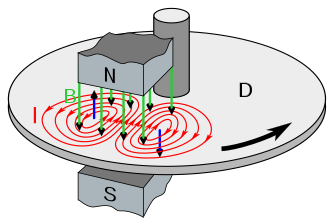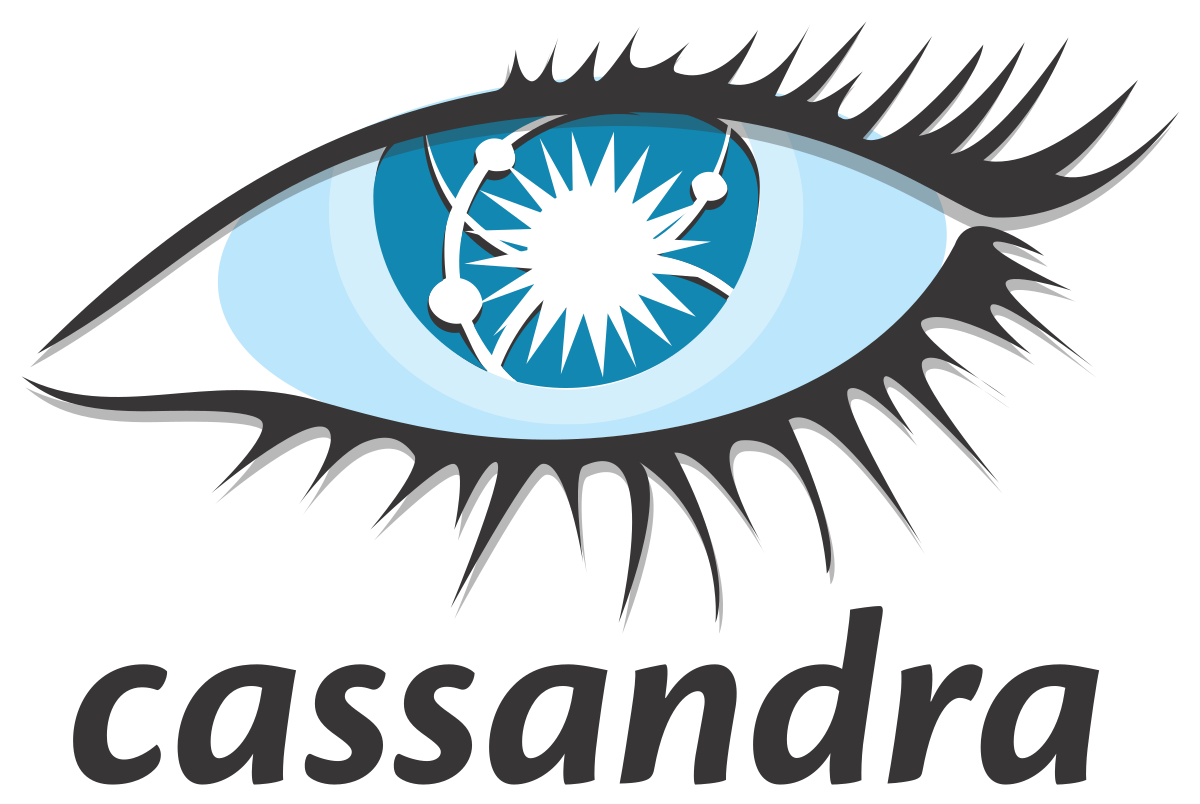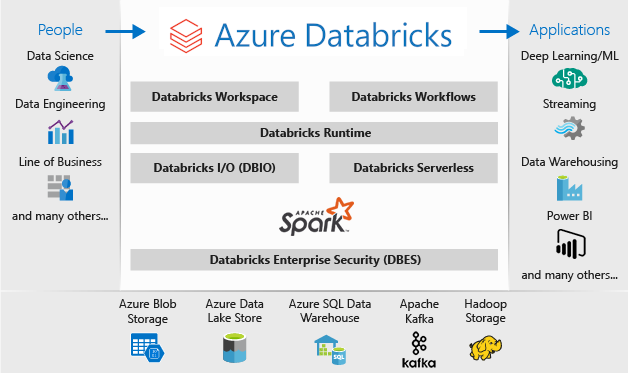Table of Contents
Hadoop is a popular open-source software framework used for distributed storage and processing of large data sets. It has been widely adopted in industries such as finance, healthcare, retail, and telecommunications. However, like any technology, Hadoop has its pros and cons. In this article, we will discuss the advantages and disadvantages of Hadoop.
Hadoop is a distributed data processing framework that allows for the efficient storage and processing of large amounts of data across multiple computers in a cluster.
Here are 20 pros of Hadoop:
Scalability: Hadoop is designed to handle large amounts of data and can scale easily by adding more nodes to the cluster.
Cost-effectiveness: Hadoop is open source, which means it is free to download and use, making it an affordable solution for data processing.
Fault tolerance: Hadoop has built-in fault tolerance, which means it can recover from hardware or software failures without data loss.
Data storage: Hadoop can store both structured and unstructured data, which means it can handle various types of data, including text, images, and videos.
Flexibility: Hadoop is flexible in terms of data processing, allowing for the use of various programming languages, such as Java, Python, and R.
Speed: Hadoop can process large amounts of data quickly, making it ideal for big data processing.
Real-time data processing: Hadoop can process real-time data, which means it can handle data that is generated in real-time, such as social media data.
High availability: Hadoop provides high availability, ensuring that data is always accessible, even in the event of node failures.
Security: Hadoop provides robust security features, including authentication and authorization, to ensure that data is secure.
Data locality: Hadoop stores data locally on each node, which means that data processing can happen on the same node, reducing network traffic and improving performance.
MapReduce: Hadoop’s MapReduce algorithm allows for efficient processing of large amounts of data by breaking it down into smaller tasks that can be processed in parallel.
Community support: Hadoop has a large and active community of developers and users, which means that there is a lot of support and resources available.
Integration with other technologies: Hadoop can integrate with other technologies, such as Spark, Hive, and HBase, which allows for a wide range of use cases.
Data visualization: Hadoop can be used with data visualization tools, such as Tableau and QlikView, to create interactive dashboards and reports.
Predictive analytics: Hadoop can be used with machine learning and data mining tools, such as Mahout and Weka, to perform predictive analytics.
Data compression: Hadoop can compress data, reducing the amount of storage space required, and improving performance.
Data replication: Hadoop can replicate data across multiple nodes, ensuring that data is always available, even in the event of node failures.
Ecosystem: Hadoop has a vast ecosystem of tools and technologies, making it a powerful platform for big data processing.
Cloud support: Hadoop can be deployed in the cloud, allowing for easy scalability and cost-effectiveness.
Open source: Hadoop is open source, which means that it is continuously evolving and improving, with new features and updates being added regularly.
While Hadoop offers several advantages, it also has several cons
Here are 20 Cons of Hadoop:
Complexity: Hadoop requires specialized skills and expertise to install, configure, and manage.
High hardware costs: Hadoop requires large amounts of storage and computing resources, which can be expensive to acquire and maintain.
Steep learning curve: Hadoop requires users to learn new programming models and APIs, which can be challenging for those who are not familiar with them.
Security risks: Hadoop’s distributed nature can make it vulnerable to security threats such as data breaches and unauthorized access.
Limited support for real-time processing: Hadoop’s batch processing model is not well-suited for real-time processing of data.
High latency: Hadoop’s distributed processing model can introduce high latency in data processing, which can be a problem for applications that require low-latency responses.
Limited support for SQL: Hadoop’s primary data processing language is Java, and its support for SQL is limited.
Difficulty in debugging: Debugging problems in Hadoop can be challenging due to its distributed nature.
Dependency on commodity hardware: Hadoop is designed to run on commodity hardware, which may not be as reliable as enterprise-grade hardware.
Limited support for data visualization: Hadoop does not provide built-in support for data visualization, requiring users to use third-party tools.
Limited support for transactional processing: Hadoop’s batch processing model is not well-suited for the transactional processing of data.
Difficulty in maintaining data consistency: Hadoop’s distributed nature can make it challenging to maintain data consistency across nodes.
Difficulty in scaling: Scaling Hadoop can be challenging, requiring careful planning and management.
Limited support for structured data: Hadoop’s primary strength is in processing unstructured data, and its support for structured data is limited.
Limited support for stream processing: Hadoop’s batch processing model is not well-suited for stream processing of data.
Limited support for machine learning: Hadoop’s primary focus is on processing large amounts of data, and its support for machine learning is limited.
Limited support for data compression: Hadoop’s support for data compression is limited, which can be a problem when working with large amounts of data.
Limited support for data replication: Hadoop’s support for data replication is limited, which can be a problem when working with data that requires high availability.
Limited support for data lineage: Hadoop’s support for data lineage is limited, making it challenging to track changes to data over time.
Limited support for data governance: Hadoop’s support for data governance is limited, making it challenging to enforce data policies and regulations.
Also, read Jostle alternatives






























